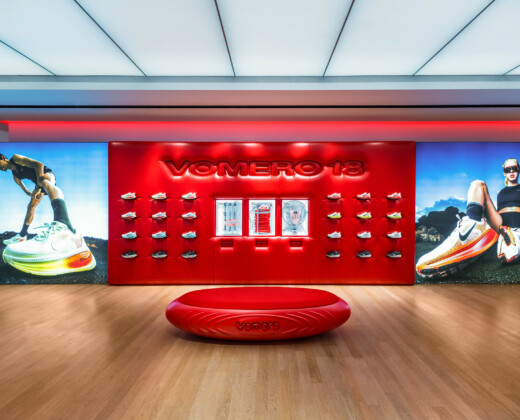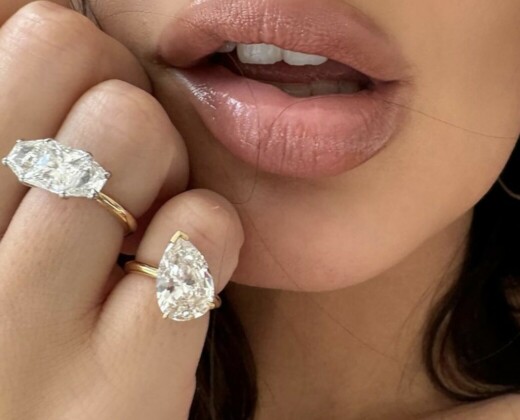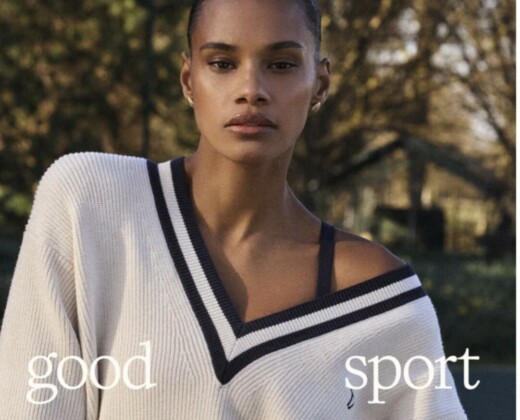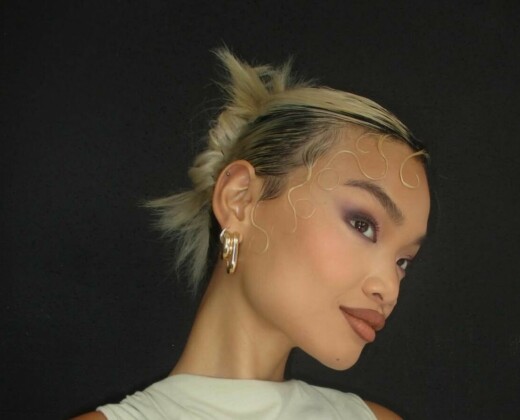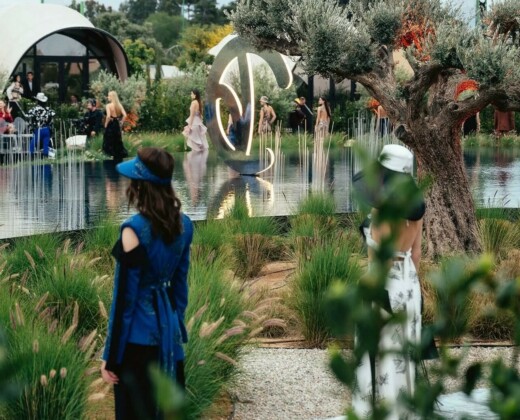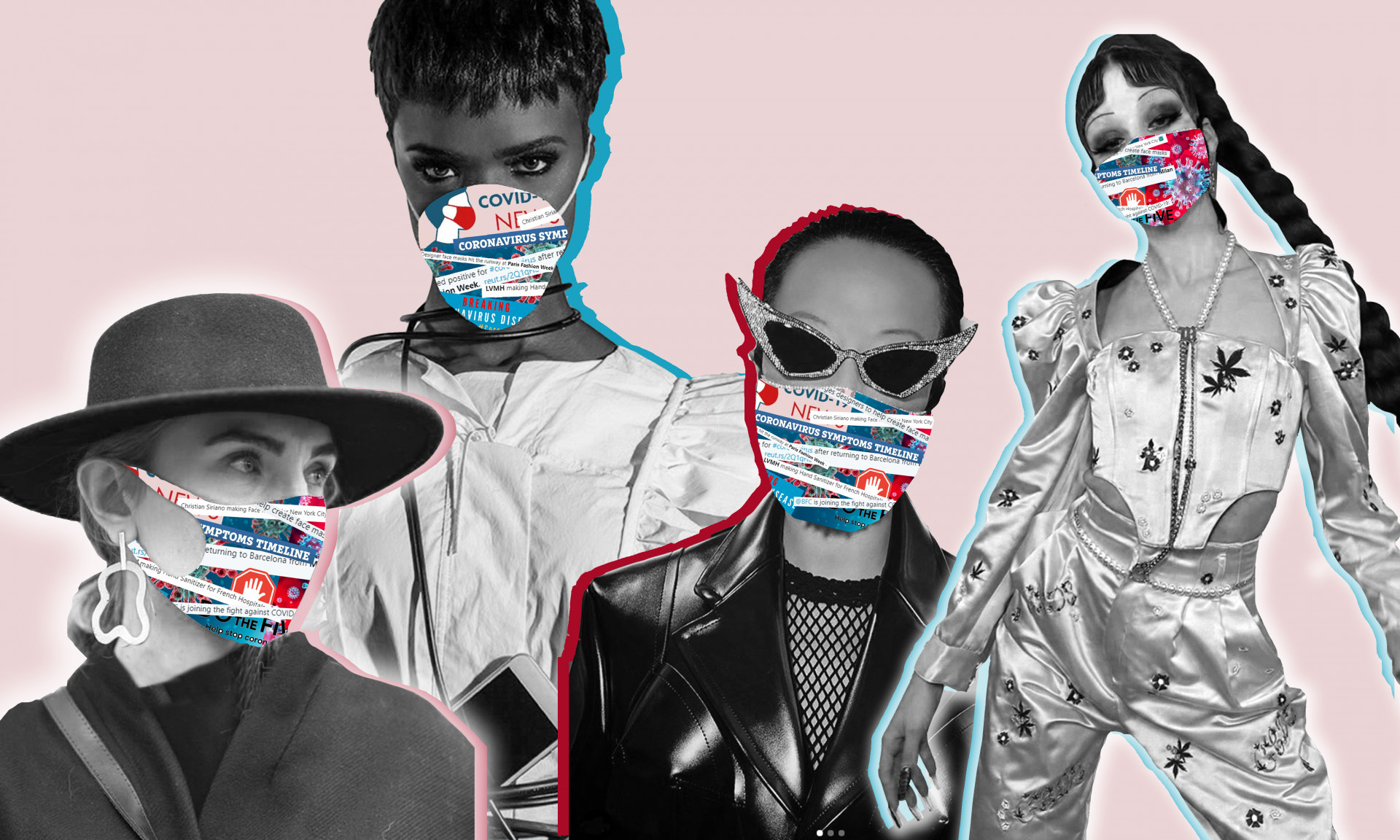
Fashion always has been, and always will be, a mirror of the world we live in.
Fast forward five weeks and two days since what we now know as ‘COVID-19’ was first reported from Wuhan as ‘a pneumonia of an unknown cause’, to China’s office of the World Health Organisation. It’s February 6th and fashion month begins as it normally does; with the creme de la creme of New York’s fashion scene kicking it off.
As the future of our 2020 Autumn/Winter wardrobes sashays down the catwalk, 7,140 miles away, Wuhan and the other cities in the Hubei province of China have been on lockdown for 2 weeks in an emergency effort by the Chinese authorities to stop the spread of COVID-19 – the death toll in China has risen to 563, with more than 28,000 cases confirmed.
Lack of knowledge about the virus keeps the majority of the rest of the world’s population happily sedated from the impending panic. The word ‘Coronavirus’ to most of us is merely another distant problem across the world that we spare an empathetic thought to should we hear something about it – but are reassured by medical professionals on the news that ‘this is nothing for us to worry about’.
It is now the 14th of February and, on the surface, London Fashion Week follows suit and goes ahead as usual. However, as COVID-19 rapidly spreads from China to Thailand… to Japan… to South Korea… to the US… to Europe, it’s now inescapable impact becomes visibly noticeable with the sanitisation of the benches and rooms after every show and the face masks being worn by those in attendance being dubbed ‘fashion week’s must-have accessory’.
By the time Fashion Week reaches Milan on the 18th of February, followed by Paris on the 24th, COVID-19 has proven that it isn’t about to ‘blow over’ any time soon. The fashion industry reflects the wave of uncertainty, fear and confusion beyond the runway that, with this virus, began in China and has now spread right across the globe. The majority of the designers take a ‘the show must go on’ approach – typical to fashion – whereas other designers take a more vigilant approach.
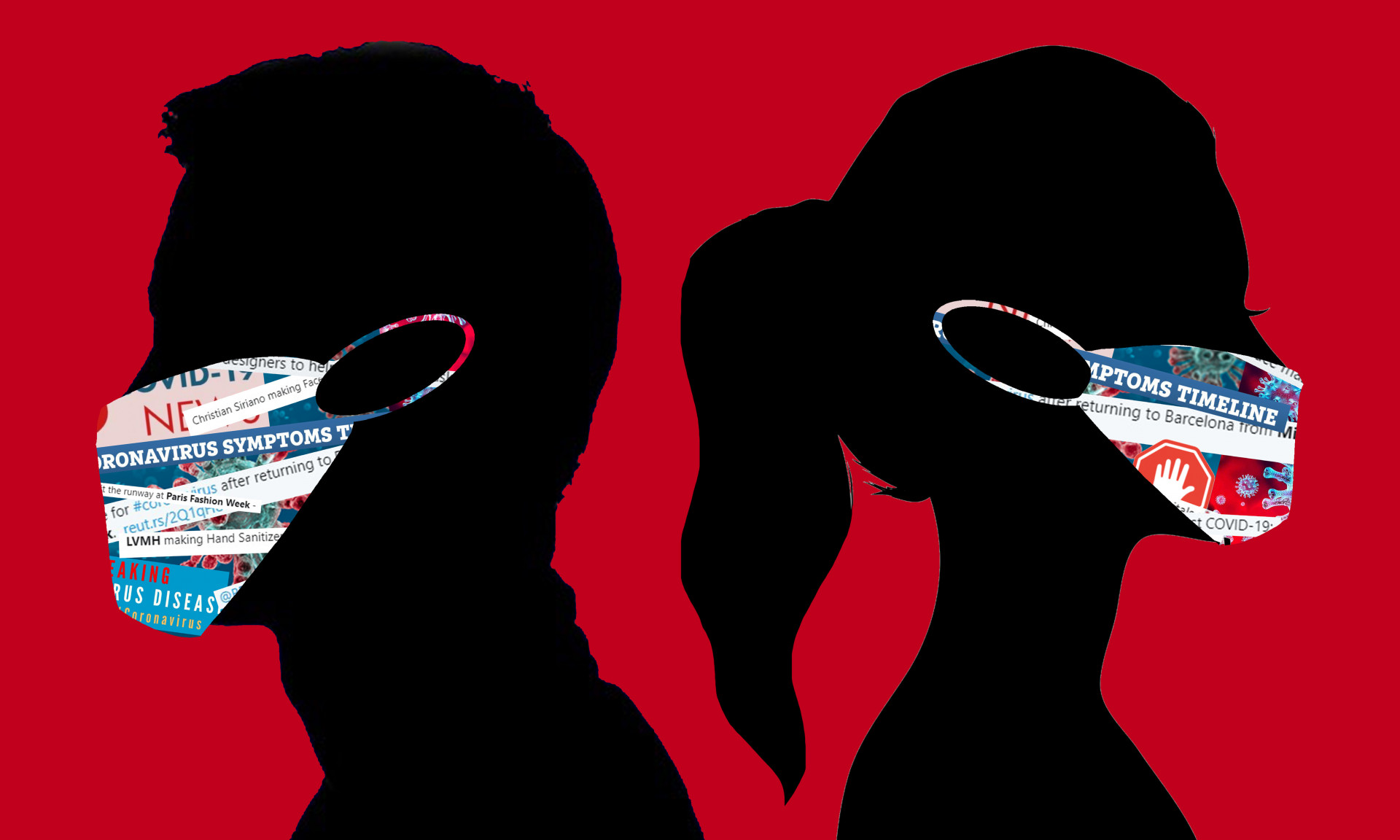
Giorgio Armani cancels his public runway show in Milan and opts for an ‘isolated’ catwalk show. The eerie empty theatre setting without press or buyers was not a creative vision conducted in the name of art; but a considered safety precaution.
Following the final day of Milan’s fashion week dissolving into its country’s lockdown, the sobering reality had firmly set in. In Paris, masks are no longer the (almost) novelty fashion accessory they had been at the previous fashion weeks – but are now being handed out upon arrival at shows such as Dries Van Noten and Paco Rabanne. Five Chinese brands; Shiatzy Chen, Masha Ma, Uma Wang, Calvin Luo and Maison Mai cancelled their shows, as well as the French brand Agnes B’s cancelled their shows. LVMH, the luxury powerhouse that fathers the fashion houses of Louis Vuitton, Givenchy, Dior, Celine and Fendi cancelled its prestigious ‘LVMH Prize’ cocktail event.
COVID-19 had started to break down the well-oiled, resilient machine that is the fashion industry.
The new trend: Survival
The Chinese market makes up 1/3 of the luxury fashion market. With an unsurprising decline in current demand for luxury goods, stores, showrooms and factories have gone from being the beating heart of fashion to being shut for the foreseeable future and ‘Cruise’ or ‘Resort’ season being cancelled – the fashion industry as we know it has ground to a hauntingly abrupt halt.
However; only as we know it.
American designers such as Christian Siriano, Kerby Jean-Raymond of Pyer Moss, Rachel Comey, and Canadian designer Dov Charney have offered their studios and sewing teams in full force to make face masks due to the shortage.
LVMH’s factories that up until now have churned out luxury perfumes and cosmetics are now going to produce free sanitising gel for hospitals and authorities in France.
The British Fashion Council has called ‘all designers with production capacity’ to get in contact with the British government so they can begin the production of essential products.
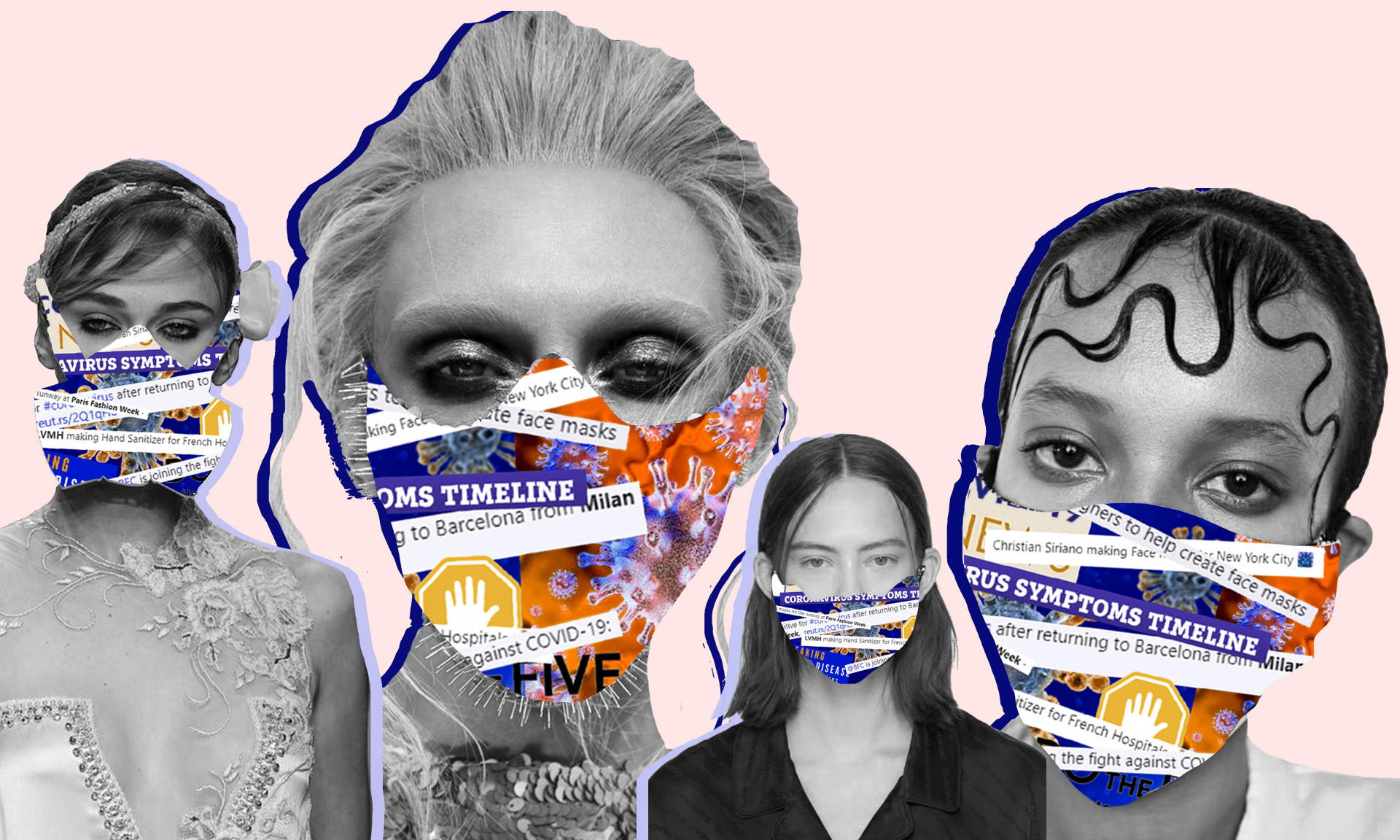
The factories of Inditex – the world’s biggest fashion retailer and owner of High Street giants such as Zara and Bershka – have been made available to the Spanish government to create and donate surgical masks for medical workers and patients. Meanwhile, its textile manufacturing capacity has been handed over to the production of health materials.
Millions have been donated by Kering, the owner of the likes of Gucci, Yves Saint Laurent and Alexander Mcqueen, to China and Italy. Their efforts continue with the donation of their Balenciaga and Saint Laurent workshops to begin to manufacture masks.
Italy’s fashion elite; Donatella Versace, Prada, Armani, Sergio Rossi and Moncler have all made huge donations to scientific research and hospitals across the country.
The fashion industry has rapidly adapted itself; going from being a luxury to one that is necessary for the survival of the human race. Despite each individual part of the billion-dollar industry taking a more than severe hit, designers and fashion houses have repurposed themselves in our war against our invisible enemy.
Not so vapid after all
In the relatively short period of time between December 31st and today, the feeling of self-importance that is pre-disposed in human nature has swiftly evaporated. COVID-19 has forced humankind into survival mode, leaving the majority of the world’s population feeling helpless and hopeless.
With every individual and every industry trying to do their bit in this unprecedented war, the fashion industry has re-defined its purpose and its worth.
For an industry that is adored by many, yet to its critics could be seen as shallow and heavily based on face-value, the fashion industry as a collective has proved that – underneath the thick skin of glamour – at its core is a warm heart of human empathy and tenacity.
Like the rest of the world, the fashion industry has shown its determination and ability to adapt for survival, not just for itself, but for humankind. In these times of uncertainty, where the future of the world as we know it, let alone the fashion industry, is uncertain, one thing is definite; the show must and will eventually go on. We will not give up.
Your NHS needs you. https://www.goodsamapp.org/NHS
Words by Ella Winfield
Graphics by Katie Janes
, , , , , , , , , ,


